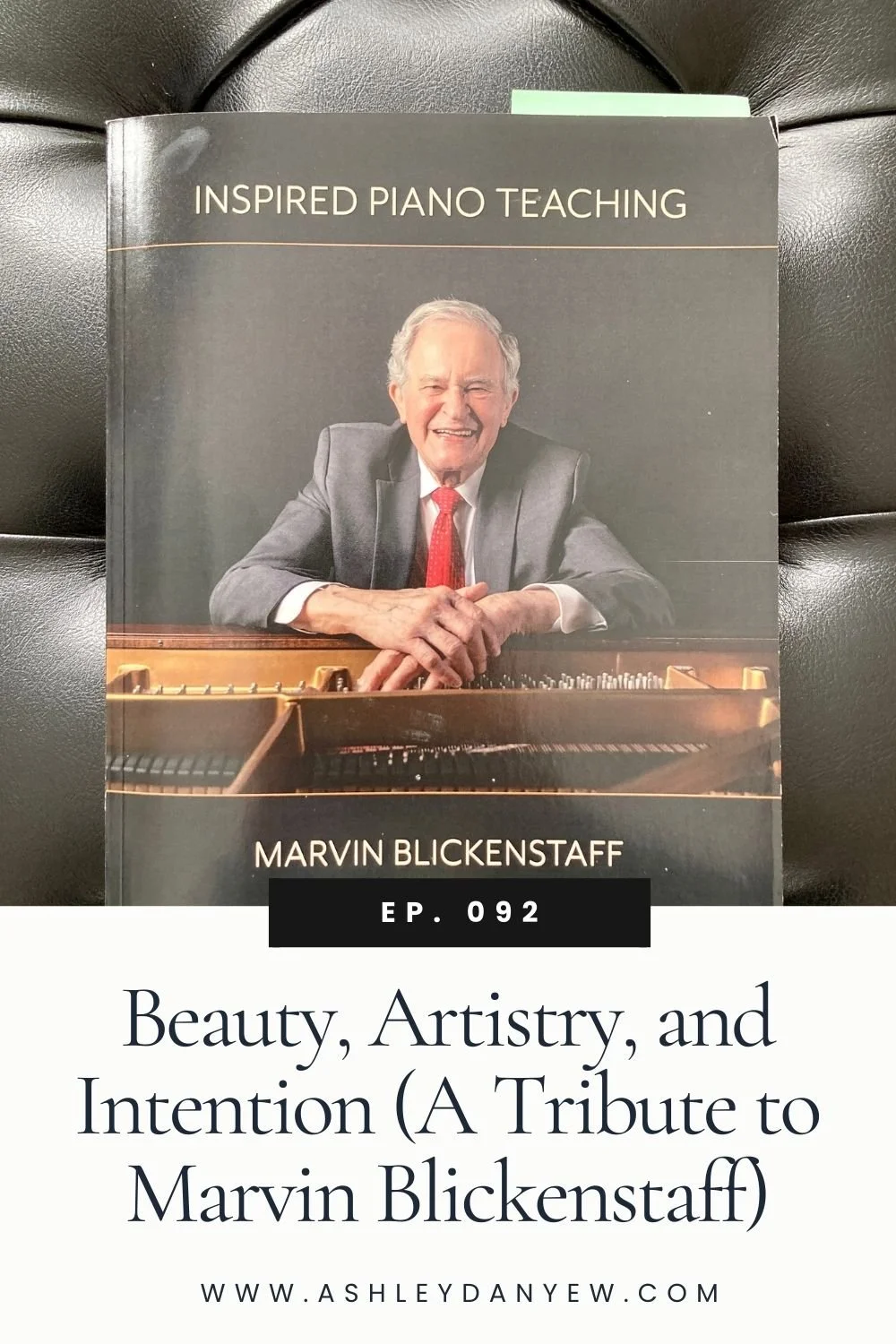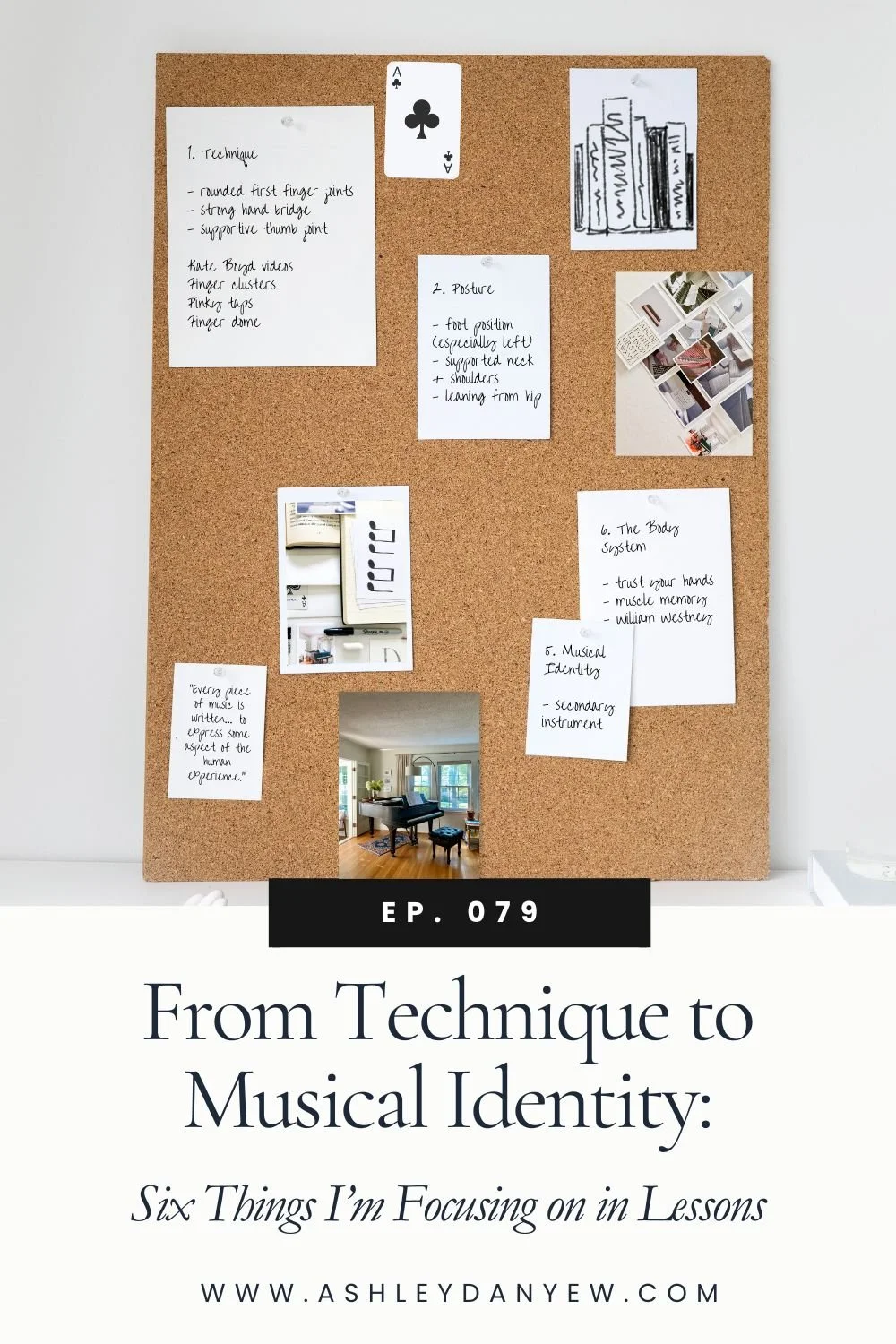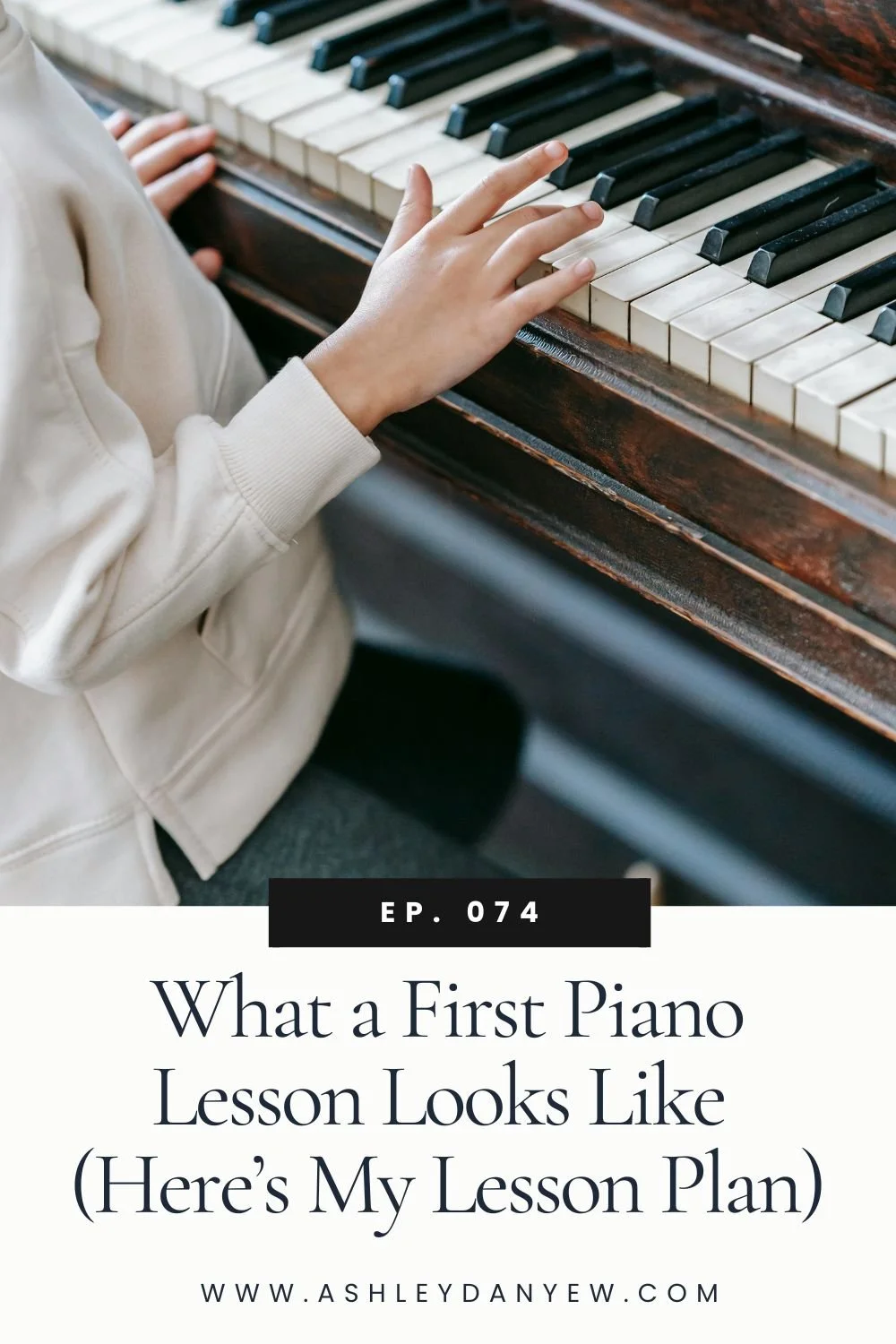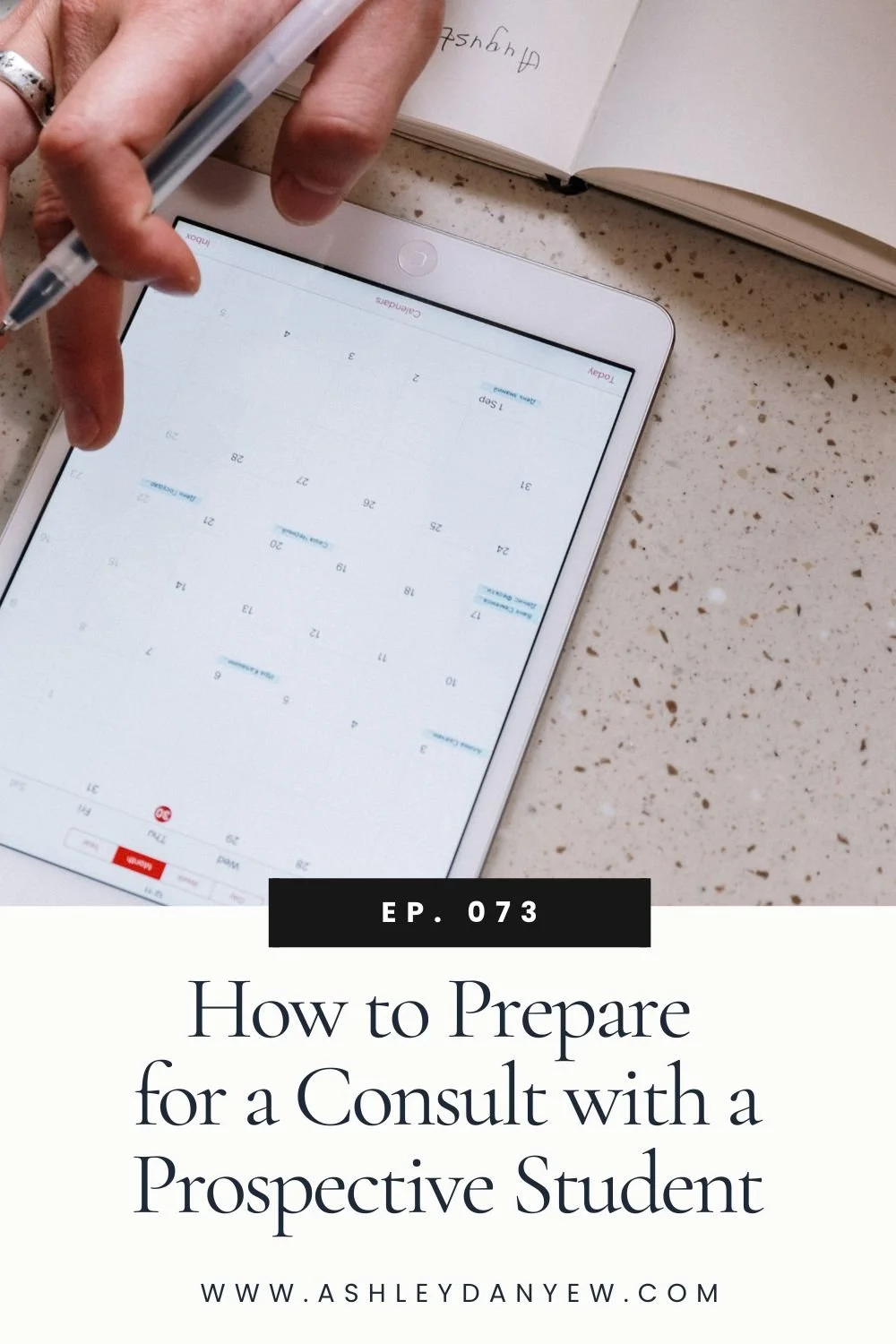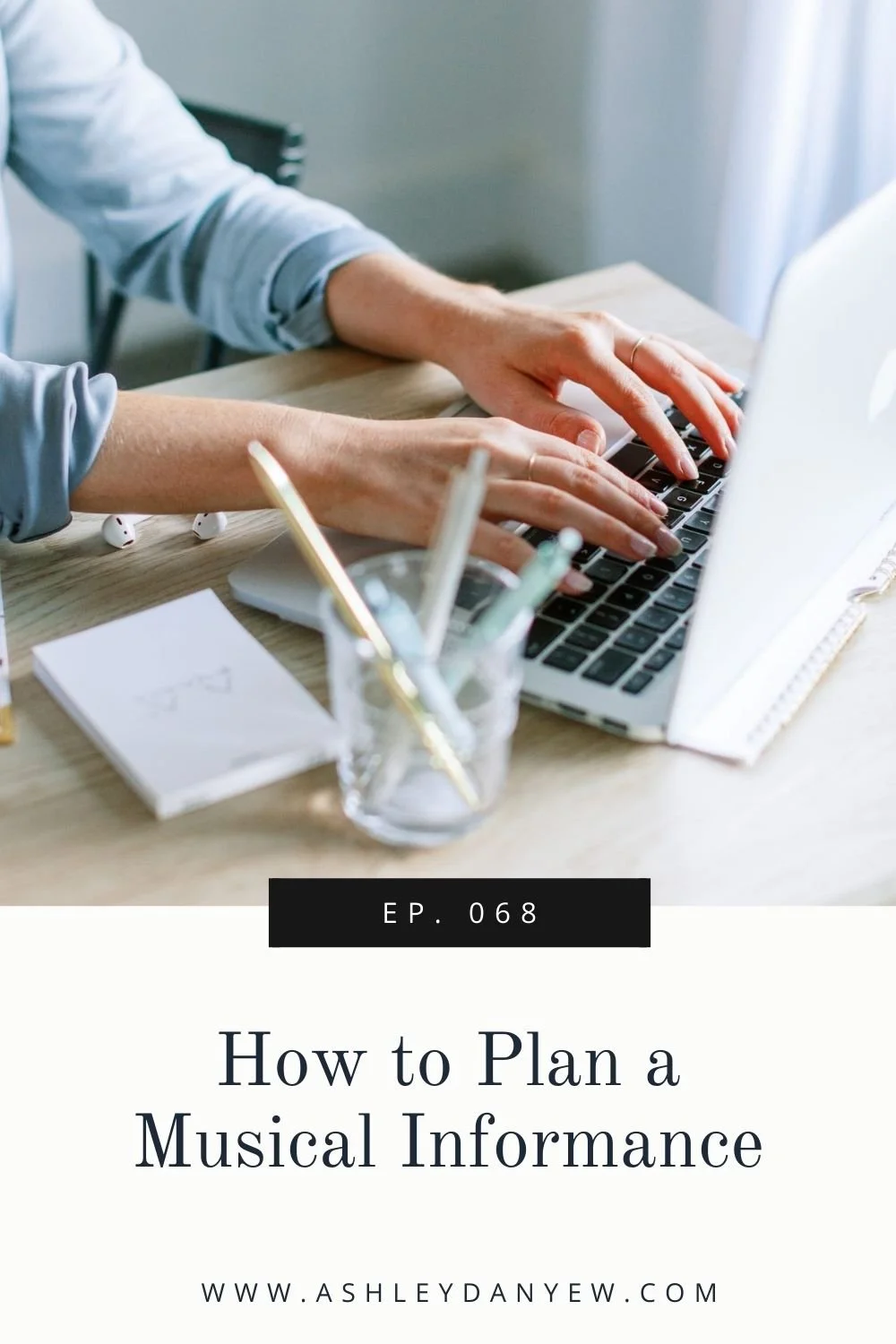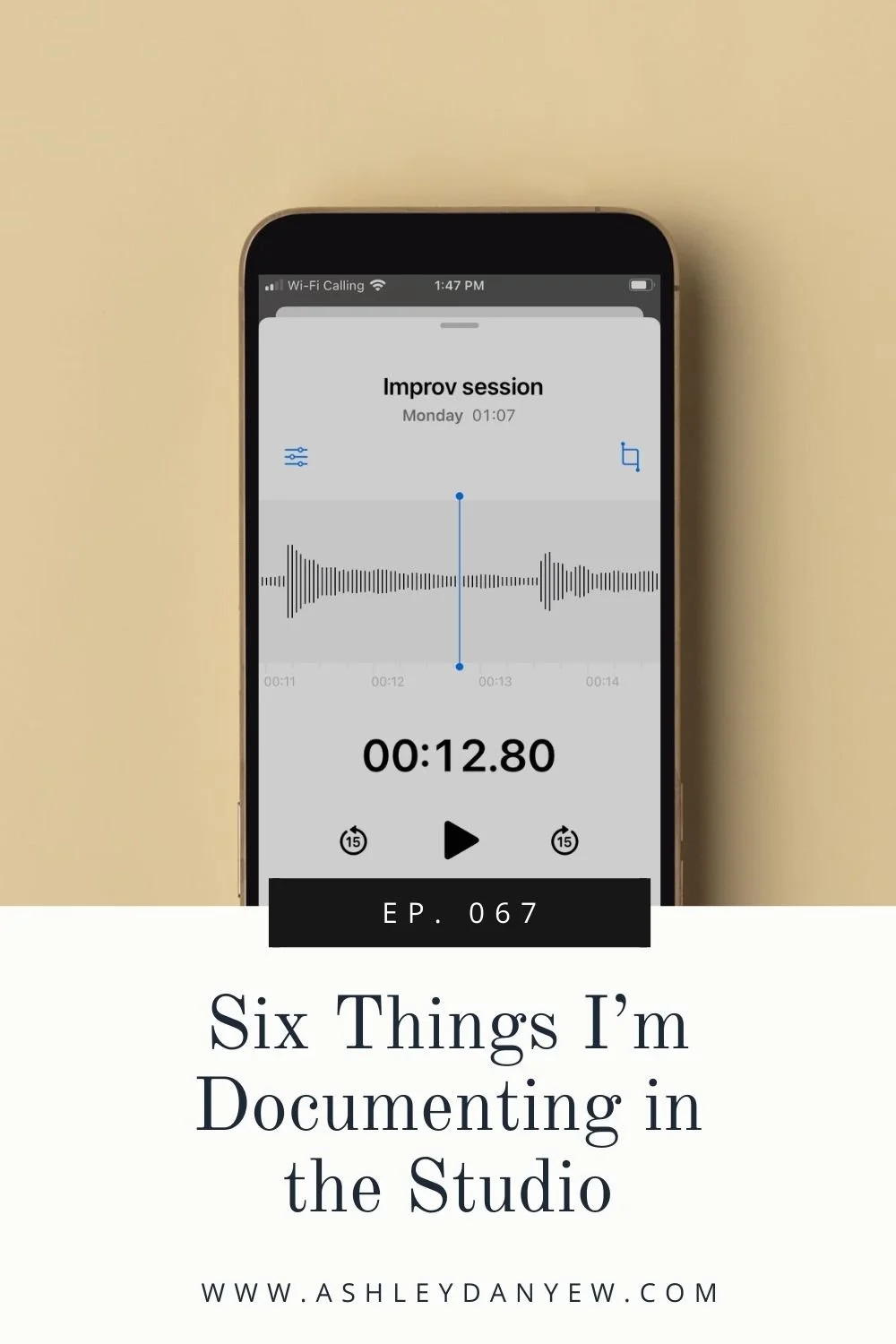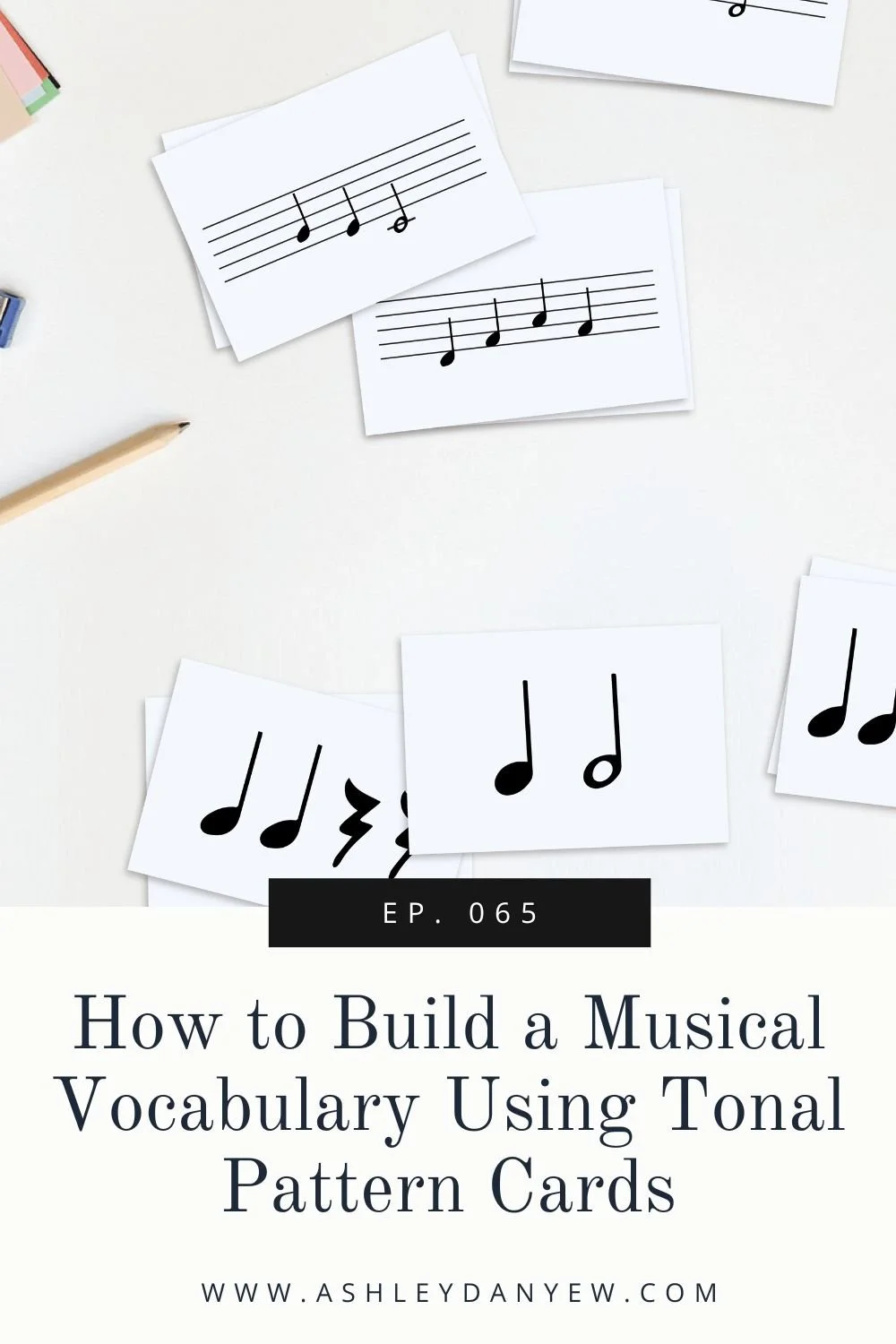Related Resources
*Disclosure: I get commissions for purchases made through some of these links.
5 Powerful Questions Teachers Can Ask Students by Rebecca Alber
Asking Questions: Six Types from the Centre for Teaching Excellence at the University of Waterloo
Using Effective Questions from the Center for Teaching Innovation at Cornell University
The Power of Questioning: Opening Up the World of Student Inquiry by Starr Sackstein
Learning to Question, Questioning to Learn: A Guide to Developing Effective Teacher Questioning Practices by Marylou Dantonio and Paul C. Beisenherz
As teachers, we ask a lot of questions.
What’s the first note?
What’s your hand position?
Which finger plays the black key?
What kind of note do we sing in m. 8?
Are these notes stepping or skipping?
But, did you know there are different kinds of questions (or ways of asking questions) that can actually promote learning?
A good question does more than assess student learning or mastery of a concept; it can actually foster a deeper level of understanding, open space for productive dialogue, and promote self-reflection.
This is important because, as music educators, we love nothing more than seeing people learn and grow, as individuals and as musicians.
“A good question does more than assess student learning or mastery of a concept; it can actually foster a deeper level of understanding, open a space for productive dialogue, and promote self-reflection.”
Today, I want to spend some time talking about how to ask the right kinds of questions in teaching: the ones that cultivate rich learning experiences, develop a deeper understanding of a skill or concept, and lead students to begin asking questions of their own.
There are two main types of questions: closed-ended and open-ended:
Closed-Ended Questions
Closed-ended questions typically have a yes/no answer. This doesn’t promote a lot of deep thinking, as the answer is typically embedded in the question (for instance, "Is the bottom line of the treble staff an E?”). When the answer is yes or no, the learner has a 50/50 chance of getting it right, which may lead to guessing.
Here are a few other examples of closed-ended questions:
Is this piece fast or slow?
Is that a step or a skip?
Is your left-hand in C position?
Did you count 4 beats in that whole note?
Closed-ended questions may work well for younger students when you're comparing things, though instead of asking something like, “Is the second phrase the same as the first phrase?” which has a yes/no answer, I would rephrase the question to, “Are those phrases the same or different?” This asks the learner to actually identify same vs. different and use that terminology, that language.
Open-Ended Questions (Convergent)
The second type of question is open-ended. These are questions that begin with “how” or “what,” requiring the learner to describe something. Instead of asking, “Was that forte?” which requires only a yes/no answer, you might ask, “What is the dynamic level for this piece?” This encourages the learner to find the dynamic sign and interpret its meaning.
Here are a few other examples of open-ended questions:
How many beats are in each measure?
What is the key signature for A major?
What is the third space in the treble staff?
How many phrases do you see?
These are some of the questions I ask on a regular basis in my teaching. However, these questions are convergent, meaning they still have only one answer. The third space in the treble staff will always be C, no matter how you ask it. What about questions that have more than one answer?
Open-Ended Questions (Divergent)
These are called divergent questions.
Divergent questions have multiple responses and encourage creativity and reflection on the part of the learner (source). Here are a few questions that foster deep thinking and demonstrate musical understanding:
What are some ways you can practice that section at home?
What is this piece about?
What do you think is the most important word or note in this phrase?
How do you want this part to sound?
What does the time signature tell us?
What is your favorite thing about this piece?
What would you do differently next time?
Again, these questions can be answered in many different ways. And even if the answer you get doesn’t quite match the answer you might have given, this creates a great opportunity for dialogue and deeper conversation.
If you work with elementary students (and—let’s face it—adults, too), you know that sometimes they guess answers to questions we ask (and sometimes, those answers are right). This is especially true if we asked closed-ended questions with yes/no answers (again, they have a 50/50 chance of getting it right).
As educators, though, we're not interested in the right answer as much as we are seeing that they actually know the answer and doing what we can to foster deeper learning.
Asking Strategic Questions
Rebecca Alber wrote a great article for Edutopia a few years ago on insightful questions teachers can ask their students.
She wrote, "Many would agree that for inquiry to be alive and well in a classroom that, amongst other things, the teacher needs to be expert at asking strategic questions, and not only asking well-designed ones, but ones that will also lead students to questions of their own.”
“Many would agree that for inquiry to be alive and well in a classroom that, amongst other things, the teacher needs to be expert at asking strategic questions, and not only asking well-designed ones, but ones that will also lead students to questions of their own.”
I love that.
Asking questions fosters curiosity, exploration, and discovery. It’s how we develop understanding about how things work and are put together. And as many questions as we ask our students during the course of a lesson or class or rehearsal, I love the perspective of leading students to ask their own questions.
In the article, Rebecca outlined 5 simple questions to promote learning, discovery, and really hearing what students have to say:
What do you think?
This question gives you insight into how they’re connecting this new information with previous knowledge and understanding.
Why do you think that?
Ask this as a follow-up to the first question. This encourages them to come up with a rationale for why they think what they do. What’s their reasoning?
How do you know this?
This question really gets at what they know, how they understand things, and their process for figuring things out, which is important. You'll get the best answers when you ask this question! Sometimes, you might get a very thoughtful, thorough explanation that shows you the learner has a solid grasp on the concept; other times, the answer you'll get shows you there’s been a misunderstanding somewhere along the line that you need to address (but you’ve got to love the creative explanations they come up with!).
Can you tell me more?
This is an invitation for further dialogue and conversation, an opportunity to think more deeply about the concept and demonstrate further understanding.
What questions do you still have?
This is an informal way to assess exactly where they are and what they might still be wondering. This will help you tailor your teaching in the next lesson or class or rehearsal to address those particular questions and concerns.
A final, closing thought
When you ask questions in teaching, think about what you really want to know (and why) and ask questions that point to that.
Do you really want to know what the key signature for G major is? I’m guessing you already know the answer to that one.
Instead, you’d probably like to know that your choir can figure out what key they’re singing in or that your student is developing an understanding of tonality and how key signatures work. So think about how to phrase questions in a way that provides insight into what they know and understand. Perhaps, “How can we figure out what key this piece is in?”
Here, the question becomes an invitation to an active learning experience.
It’s as if you’re saying, “Talk me through your process.” This gives you a valuable opportunity as an educator to step back and really assess what they know about key signatures, the steps they take to figure out the corresponding key, and what they understand about the greater concept of tonality and how that informs the playing of this piece. And it gives your students a chance to synthesize what they know, learn how to communicate that knowledge, and walk through the process of figuring it out for themselves, step by step.
Think about what this is like as a learner: put yourself in that position for a moment.
In the first scenario, the teacher asks, “What is the key signature for G major?” And you dutifully respond with “One sharp — F#,” a fact you memorized for a theory quiz. You don’t know why it’s F#, necessarily, but do you need to? You can answer the question correctly without needing to know more.
In the second scenario, the teacher asks, “How can we figure out what key this piece is in?” Immediately you are more engaged. Instead of providing a rote answer, you get to explain your thought process, the strategy you use to figure this out.
Do you see how simply asking a different kind of question can create a completely different experience for the learner? I hope this inspires and encourages you to be intentional about the questions you ask in teaching.
What are your favorite questions to ask in teaching?



